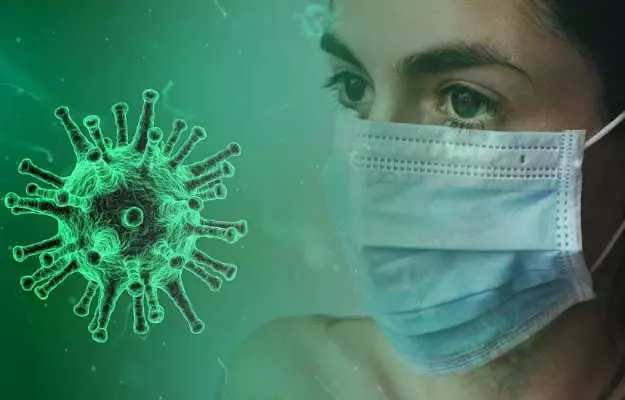Fear and anxiety of a disease, any disease, can have a crippling effect on people. The 2019-20 outbreak of coronavirus infection, known as COVID-19, is likely to be quite a stressful event in the lives of most people across the world. This viral infection, which has spread to over 177 countries and regions, was deemed a pandemic by the World Health Organization on 11 March 2020.
With billions affected and billions more at risk - and the death toll rising every day - it’s quite natural for you to be worried about the well-being of your loved ones as well as yourself. This disease is new, so complete information about it as well as vaccines and cures are not yet available. Plus, the disease is highly contagious and can move through the different stages of transmission pretty quickly if proper measures aren’t taken.
On the other hand, among the best ways to tackle and stop the spread of COVID-19 are self-isolation and social distancing. The governments of countries that are worst hit - or want to stop the spread of the disease before the worst scenario appears - have also imposed partial and complete lockdowns. This is an eventuality which inevitably leads to more anxiety, and anxiety, in turn, generates panic.
This is the reason why the World Health Organization (WHO), the US Centers for Disease Control and Prevention (CDC) and many other state health departments have issued advisories for mental health. Here is everything you need to know about dealing with anxiety while living through a pandemic.




































